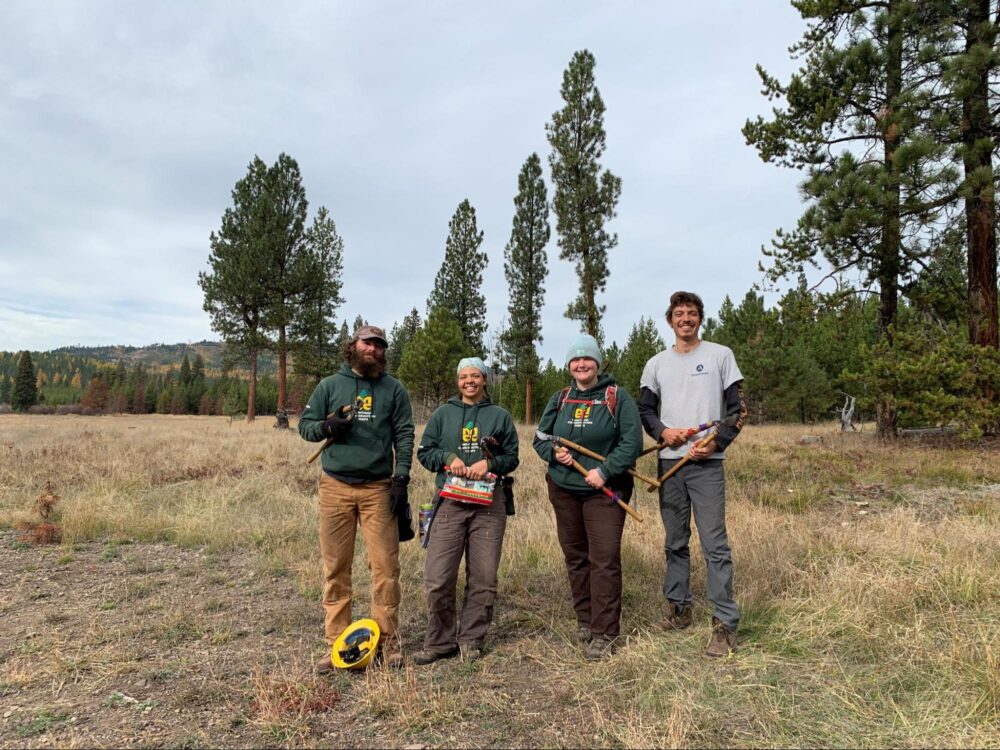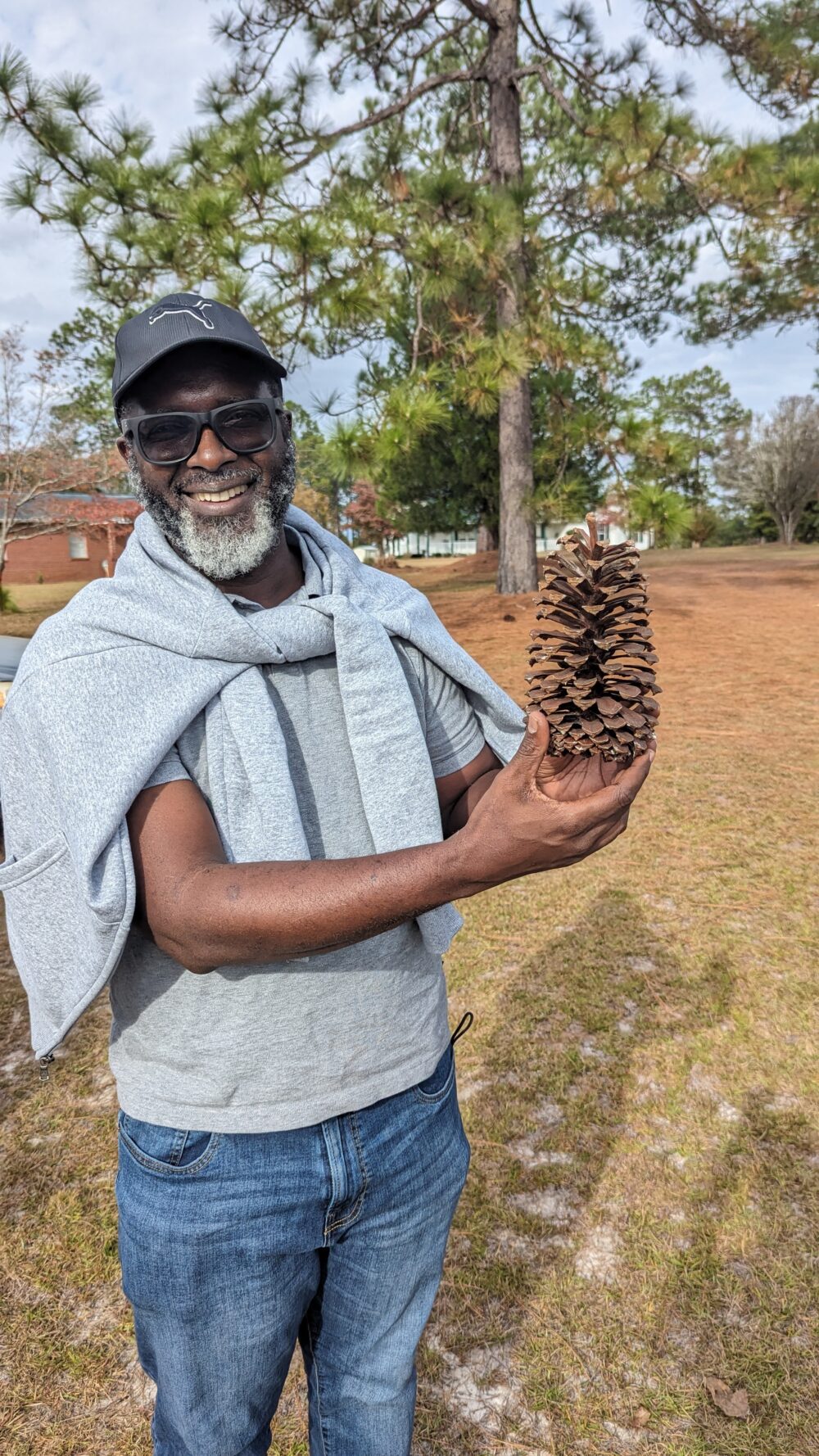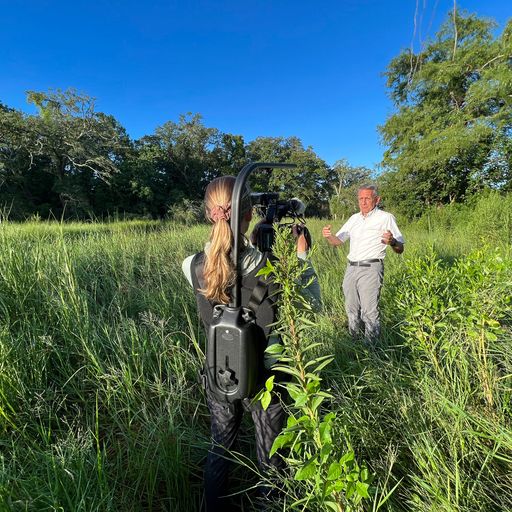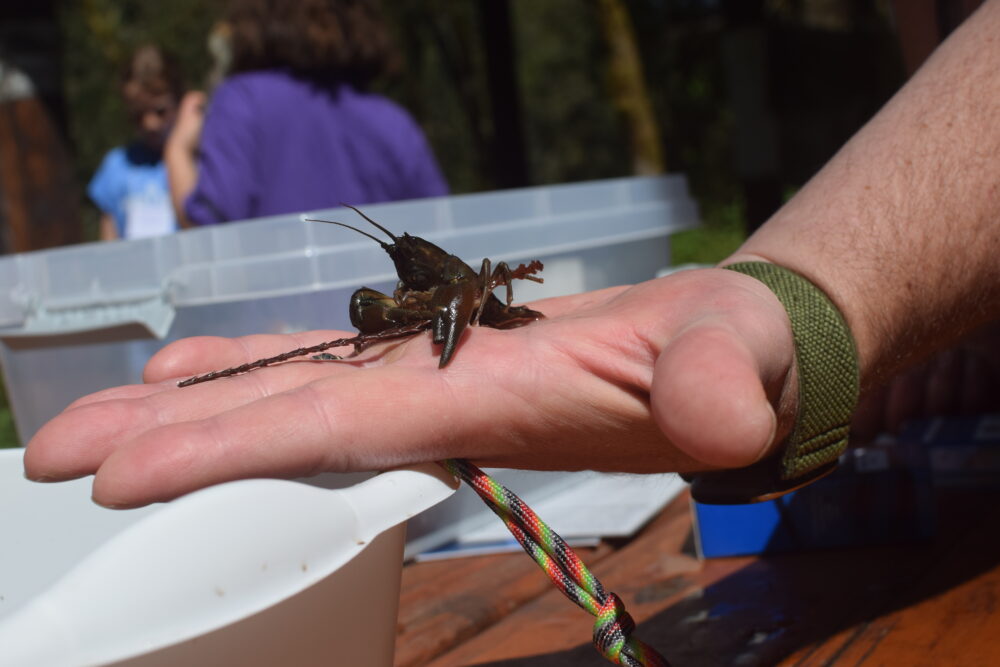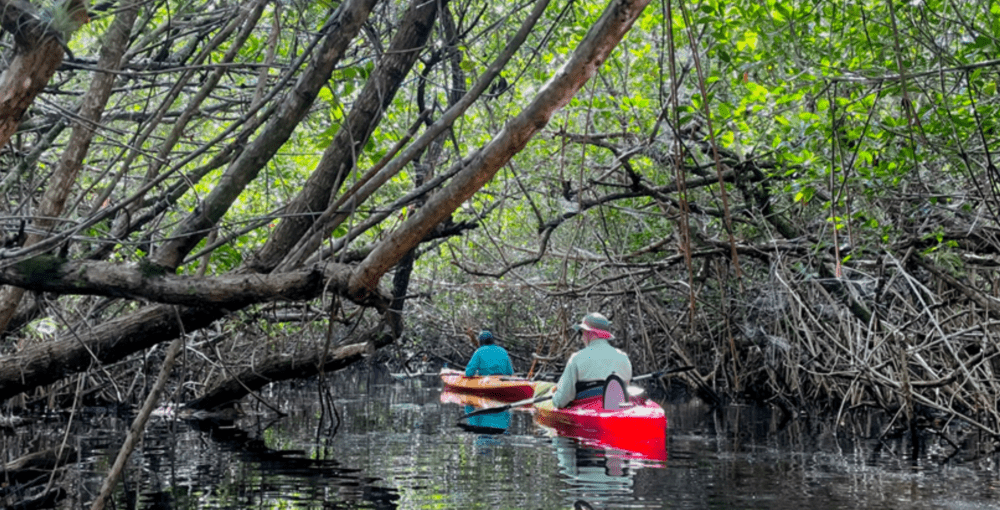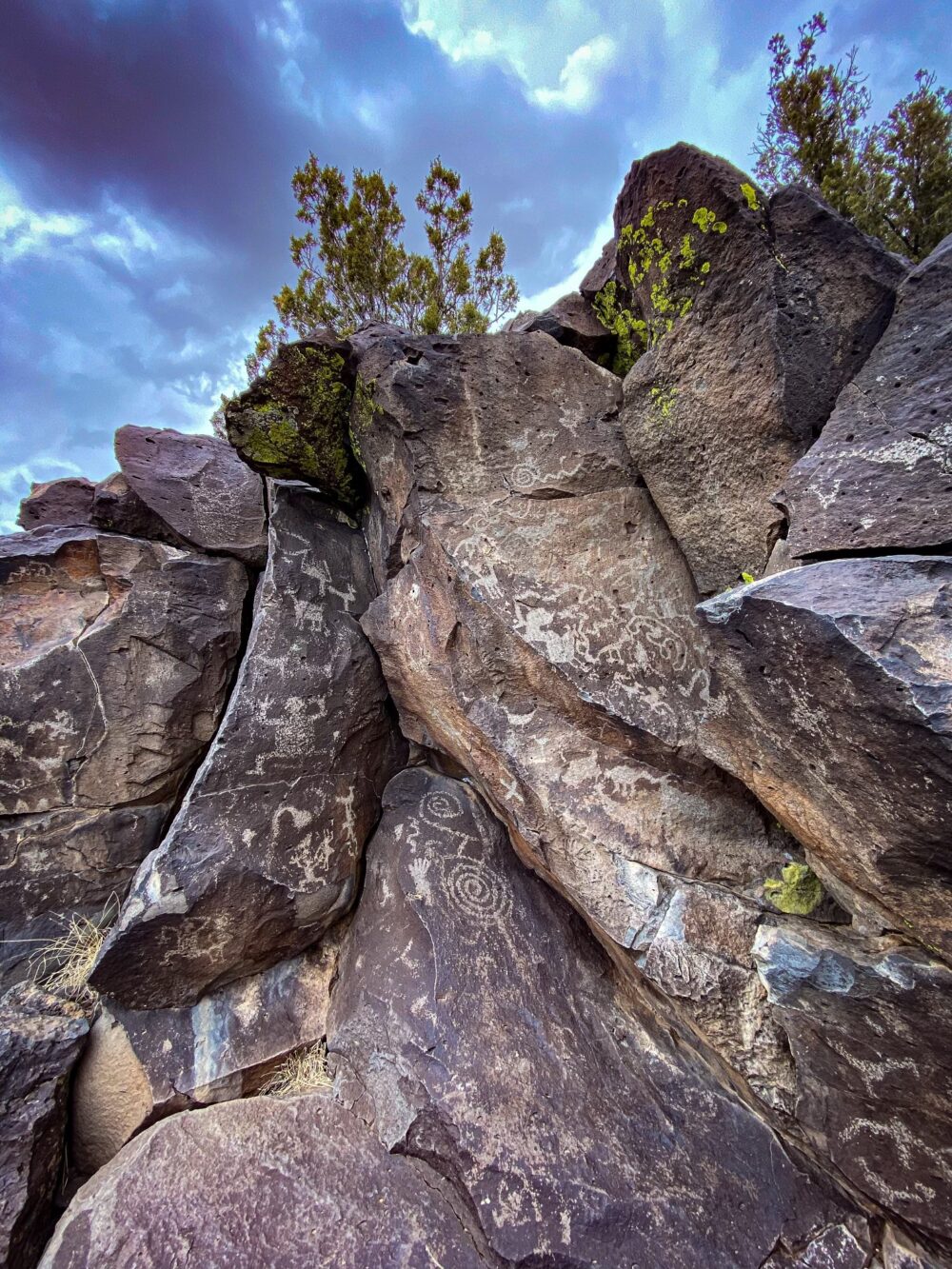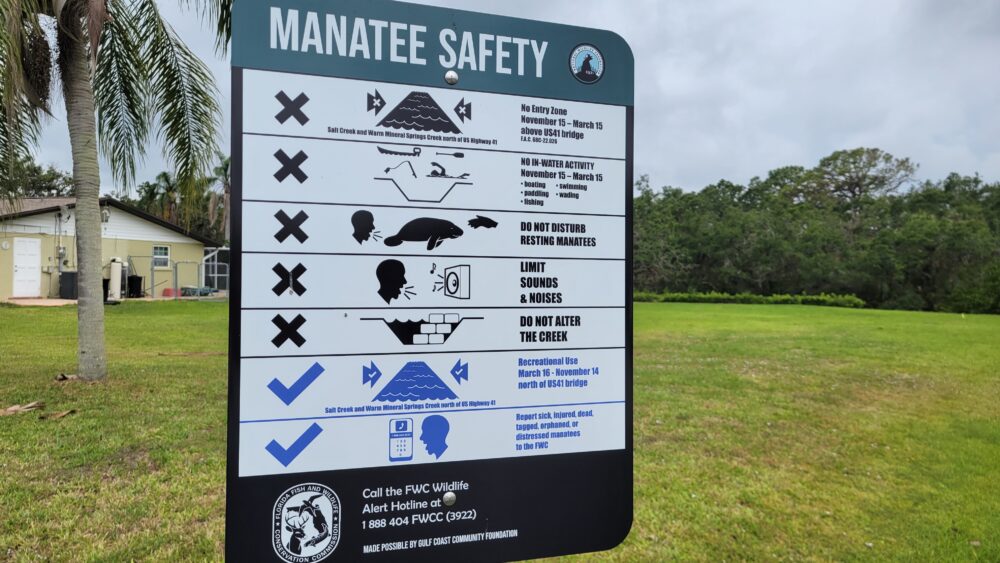We have much more to do and your continued support is needed now more than ever.
Water Conservation Tips
I don’t think I need to emphasize how important water is. However, I do want to say that with the number of issues we are facing we aren’t paying enough attention to what makes up 75% of our bodies.
The need for water conservation is becoming more and more apparent as drought and other environmental pressures like global warming are affecting our water resources.
More Than Just the Basic Water Conservation Tips
Conserving Water: General Tips
- Turn down your water heater when you are going on a long trip.
- Keep a lookout for water saving appliances. Like this great find by Groovy Green: Eco-friendly washing machine.
- Check your water meter while no water is being used in your house. If it moves, you have a leak.
Conserve Water in the Bathroom
- Avoid flushing the toilet unnecessarily. In other words, don’t use it for a garbage. Dispose of tissues, insects and other similar waste in the trash rather than the toilet.
- Test for a leaking toilet by adding food coloring to the tank (not the bowl). Without flushing, note if any color appears in the bowl after 30 minutes.
- Don’t let the water run when washing, brushing and shaving. Turn it on and off as needed.
- Take showers instead of baths. A ten minute shower with a low-flow showerhead uses half the water of a regular bath.
- If your shower takes a while to heat up, and you have to let the water run, put buckets in the shower to capture the water for watering plants, washing vegetables, water for pets or washing your car and bike.
- If you are designing your own bathroom, think about putting in the Japanese style of tub that is deeper but more compact – water cools more slowly requiring less input of heated water.
- Get a small sand timer that lasts about 3 minutes and bring it in the shower. Most people can have a shower in six minutes.
- Look into devices that divert water into a bucket from the shower while the water is warming up via a hose.
- Repair dripping faucets or toilets, which use enormous amounts of water.
Conserve Water in the Kitchen
- Avoid washing dishes under a stream of water. Turn off the water in between dishes. Use only a full dishwasher and clothes washer.
- If you like a drink of cold water, but you have to let the tap run for a while before the water gets
cold, instead keep a pitcher of water in the fridge. - Save the water from steaming or boiling vegetables for houseplants, vegetable broth for soup or stir fry liquid.
- Wash food in a bowl or pot of water rather than in running water. This works especially well for herbs because you can swish them around and the dirt will come off their many surfaces. Let the herbs sit a minute and the dirt will sink to the bottom while the herbs float at the top.
- Do not use water to thaw meat. Use the microwave instead.
- Avoid using your garbage disposal system in your sink. It uses lots of water to run. Compost your scraps instead.
Conserve Water Outdoors
- Mulch planting beds with newspaper, leaves, bark, or wood chips. Mulches retain soil moisture and improve soil quality.
- Water your plantings with a soaker hose or a drip irrigation system. Less water evaporates this way than with a sprinkler, and you target your watering.
- Use a timing device with any watering system.
- Use “wasted” water for your plants. A rain barrel or cistern that captures rainfall from your roof is a great garden reservoir. In some areas, gray water – water from bathing or washing clothes – can legally be diverted to garden use. Use water from your fish tank when you clean it in the garden because it contains great nutrients. Empty dehumidifiers in the garden.
- Get a squeeze nozzle for your hose. That way you only use water when you need it.
- If you have a swimming pool, keep it covered when not in use.
- Sweep sidewalks with a broom, not a stream of water.
- Group plants according to water needs so you can water with the least amount appropriate.
- Plant native plants that don’t require extra watering.
- When washing your car, use a bucket and sponge rather than letting the hose run.
- When mowing your lawn, set the blades a little higher (at least three inches) and your lawn will require less watering.
- Test to see if your garden needs watering by putting a screwdriver into the soil. If it goes in easily, you don’t need to water.
- Weed your garden because weeds take the water away from your other plants.











